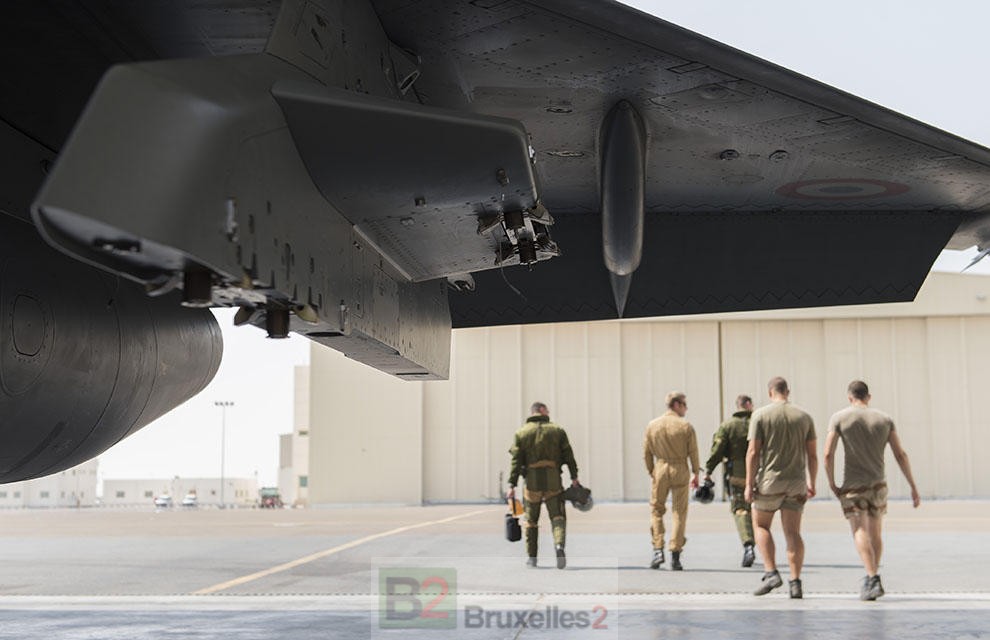No military option possible in Syria (G. Westerwelle)

(BRUSSELS2) The German Minister for Foreign Affairs, Guido Westerwelle, stated this very clearly in an interview published in The World last Friday, which deserves careful reading. There is no question - according to him - of military intervention in Syria, nor even of a possible option. This subject should not even be considered... For him the solution must be political and diplomatic. And the situation cannot be compared with the situation in Libya. As he puts it and the title of the German daily: "Wir setzen auf Diplomacy"
Federal Foreign Minister Guido Westerwelle is currently on the move (until 8 June in the region). On the program: Qatar, the United Arab Emirates, Turkey and Lebanon. Objective, as stated by the ministry: "to get an idea on the spot of the situation and the dangers of a regional contagion of violence in Syria"... (NB: A very good idea. Too bad that this approach is carried out as a "rider alone" and not carried out in troika with the Europeans ... 🙂 ).
No military option on the table
« François Hollande has not entirely ruled out the military option, provided that it is done under a United Nations mandate. We currently have to assume that there will be no such mandate. This is also the reason why the federal government is not taking part in the reflections on a military intervention in Syria, but continues to count on a political solution. » Asked about the presence of German soldiers, he replies: I said what we want. I take no part in speculation. »
The solution is political and goes through Kofi Annan
“In this difficult situation, the impression should not be given that military intervention would be the ideal solution for a quick settlement. Political and diplomatic efforts are extremely painful, but they must continue. Kofi Annan's plan, in his capacity as joint special envoy of the United Nations and the League of Arab States, remains the best basis for a political solution. »
No comparison possible with Libya
The minister refuses to compare Libya and Syria. " For many reasons, the two countries are not comparable. In Syria, different religions and different ethnic groups play a role. The risk of seeing Syria ignite is high. The first signs of a contagion in Lebanon from the violence in Syria cause us great concern »
The risk of contagion requires caution
« We must put an end to violence and the oppression of human beings. But we must also prevent the entire region from igniting. However, this can only succeed if the international community shows solidarity. » « The main thing is that we follow a reasonable policy and do what is necessary and possible. »
Focus on sanctions
“Bashar al-Assad's regime also knows that a United Nations mandate is currently unlikely. It is good to avoid expectations that are not achievable. To weaken the Syrian regime, we rely on sanctions and on political and diplomatic actions, such as the recent expulsion of Syrian ambassadors from several European capitals. »
The solution of a transitional president
For Guido Westerwelle, the most likely hypothesis is a smooth transition from a semi-democratic framework to one close to power. " As in Yemen – despite all the difficulties that we know – it could be that power in Syria will be handed over to a transitional president, responsible for organizing a new start. We must be careful, when discussing a military intervention, not to raise expectations which in the end are not achievable. »

